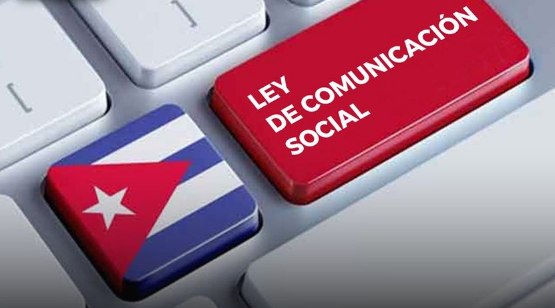
By Francisco Acevedo
HAVANA TIMES – The New Communication Law (already approved and in force since October 1) revealed its true purpose within hours: greater censorship disguised as an improvement in the island’s communication system.
As I mentioned in a previous article, the big novelty is the approval of advertising, which is remarkable considering the absence of this outside state institutions over the past 60 years.
However, as Lorayne Izquierdo O’Farril, Deputy General Director of Advertising and Sponsorship at the Institute of Information and Social Communication, publicly stated, advertising will be subject to strict control. This does not refer to products like tobacco or alcoholic beverages, which are restricted to certain hours in most countries.
The Inter-American Press Society (SIP) condemned this new law, which reinforces repression of press freedom and restricts citizens’ freedom of expression. It only recognizes the legality of media linked to the Communist Party of Cuba (PCC), the only legal party in the country, and journalists who are not part of the pro-government Union of Cuban Journalists (UPEC) cannot legally practice journalism.
This means that independent media in Cuba, all of which are digital because they lack access to printing, radio, or television platforms, will continue to go unrecognized by the regime, and their journalists will continue to face threats of imprisonment from the authorities.
Article 13.1, which states that “content under no circumstances can (…) be used with the intent of subverting the constitutional order and destabilizing the socialist state” or “defame, slander, or insult individuals, organs, agencies, state entities, political, mass, and social organizations in the country,” is a carte blanche to accuse anyone who posts non-official information on social media, even if it’s true, and punish them with six months to three years in prison, or fi


